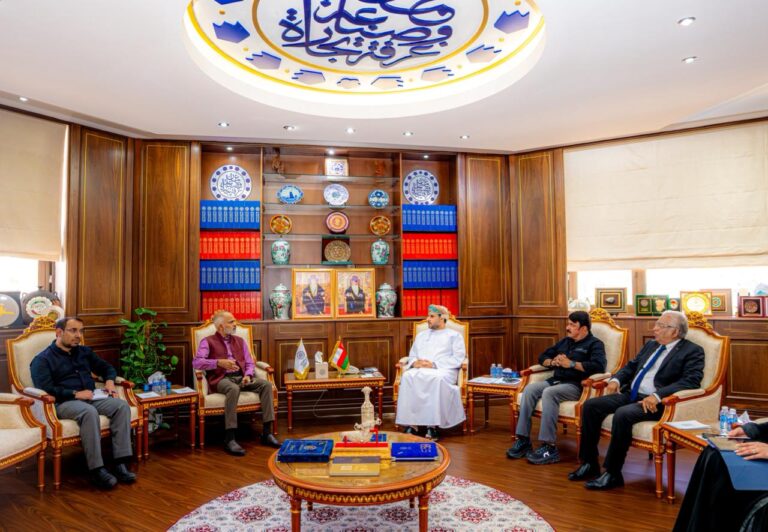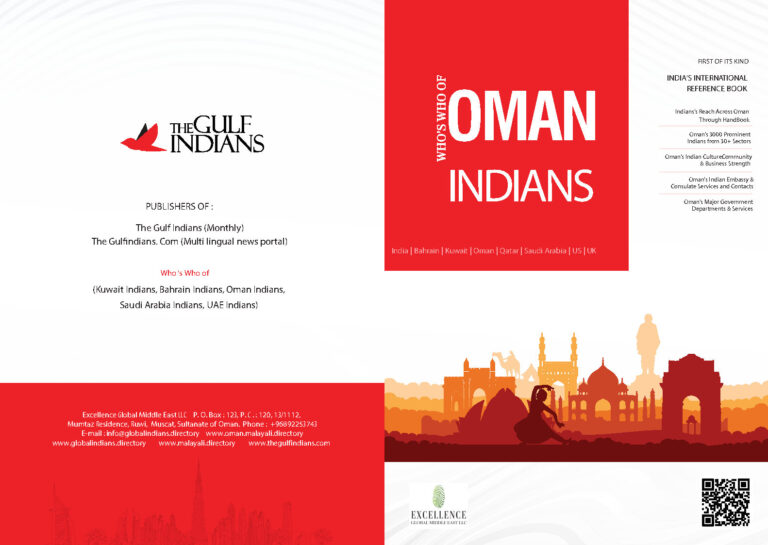Cairo: A Kuwaiti court has refused to recognise the paternity of three girls born to a citizen with a surrogate mother and said the procedure is un-Islamic.
The case was filed by a Kuwaiti man whose wife could not bear children. After repeated visits to doctors, it became clear for the couple that they were unable to have children on their own.
Later, they went to a hospital in an Asian country where doctors advised them to undergo artificial insemination using a reproductive cell from the husband to fertilise a foreign woman’s egg through in-vitro fertilization (IVF), a media report said. The procedure resulted in three births.
After returning to Kuwait, the man and his legal wife were requested to undergo DNA tests to verify the biological relationship with the children. Findings showed that the genes of the children matched the husband’s but not those of the wife.
Subsequently, Kuwaiti health authorities rejected the man’s request to issue birth certificates for his daughters, a measure that prompted him to go to court.
Initially, the First Instance Court ruled in favour of proving the children’s lineage to the couple, registering them in the birth registry, and issuing birth certificates, nationality, passports, and ID cards for them.
Public prosecution contested the ruling at the Appeals Court that overruled the earlier ruling and contended that the surrogacy procedure is deemed a violation of public order, public morals, and the Islamic Sharia law, Kuwaiti newspaper Alseyassah reported.
The ruling is final and the first of its kind in Kuwait, according to Al Rai newspaper.
In an explanation for the ruling, the court said: “Violating reproduction methods and lineage preservation is not an individual matter that Islamic law and its state can tolerate as an individual right, especially if the parents, who are the nucleus of the family and its pillar, deviate from the sound precepts.”












